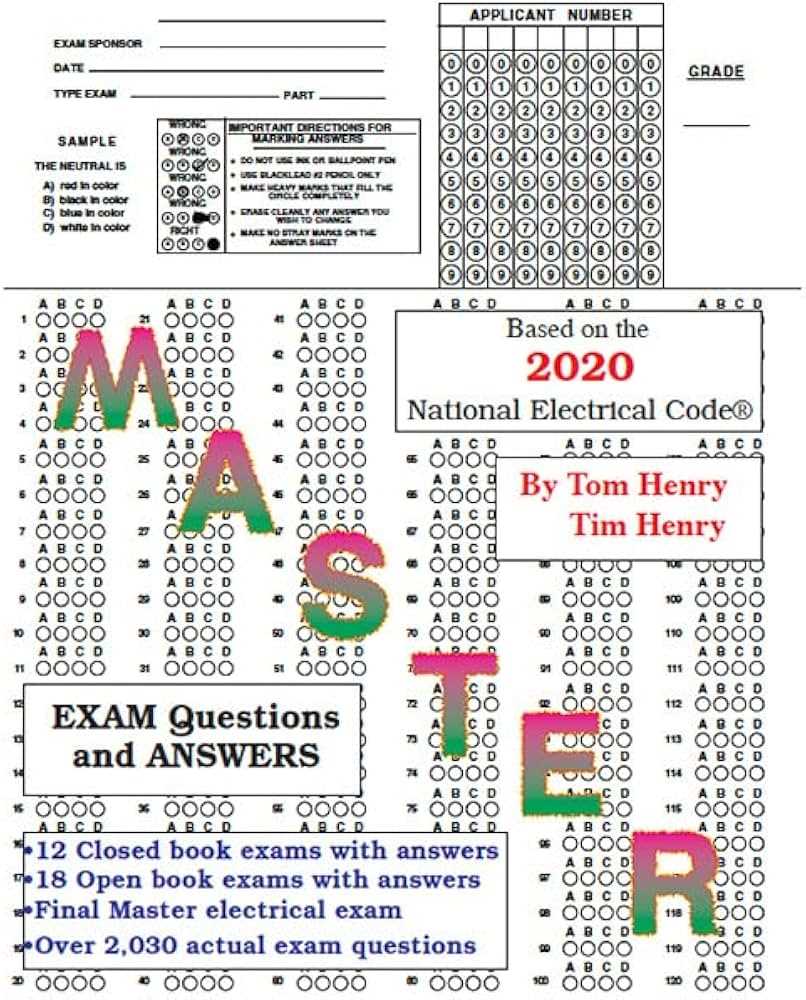
When it comes to preparing for assessments, understanding the structure and expectations can make all the difference. Being well-prepared goes beyond simply reviewing material; it involves developing a strategy for addressing different types of challenges effectively.
In this guide, we explore various methods for approaching test content with confidence. From organizing your study plan to crafting precise responses under pressure, mastering these skills can significantly boost performance.
By focusing on key strategies, you can optimize your preparation time and approach tasks with clarity. Knowing how to interpret instructions, allocate time, and present your thoughts clearly can lead to improved results in any testing scenario.
Effective Strategies for Answering Exam Questions
Successfully tackling assessment challenges requires more than just knowledge. It’s essential to apply a structured approach that allows you to respond thoughtfully, manage your time effectively, and present your ideas clearly. Having a strategy in place can significantly enhance the likelihood of achieving your desired results.
One key approach is to carefully read through the provided prompts before beginning your response. This helps identify the core task and ensures you’re addressing the right elements of the problem. Break down complex instructions into manageable parts and plan your response accordingly.
Another effective method is to allocate time wisely. Start with the questions that you feel most confident about, and leave the more difficult ones for later. This ensures that you make the best use of your available time and don’t get stuck on one item for too long.
Clear, concise communication is also crucial. Make your points directly, using relevant details to support your ideas without unnecessary elaboration. Avoid overcomplicating your response, and ensure it is easy to follow.
Understanding the Types of Exam Questions
There are various formats used to assess knowledge and problem-solving skills. Each type is designed to test different abilities, from recalling information to analyzing complex ideas. Recognizing these formats allows you to prepare more effectively by tailoring your approach to each kind of challenge.
For instance, multiple-choice items assess your ability to identify the correct response from a set of options. These require a strong understanding of the material, as well as the ability to eliminate incorrect choices.
On the other hand, essay-style prompts evaluate your capacity to explain concepts, organize thoughts logically, and argue a point. These tasks demand a clear structure and the ability to provide supporting evidence for your viewpoints.
In addition to these formats, you may encounter short-answer prompts, case studies, or practical tasks that require you to apply your knowledge in real-world scenarios. Each type presents unique challenges, but with the right preparation, you can excel in all of them.
Key Approaches to Multiple Choice Questions
Multiple-choice assessments test your ability to identify the correct option from several possibilities. They require a combination of recall, reasoning, and careful decision-making. A strategic approach can greatly improve your chances of selecting the right choice even when you’re uncertain.
Eliminate Incorrect Options
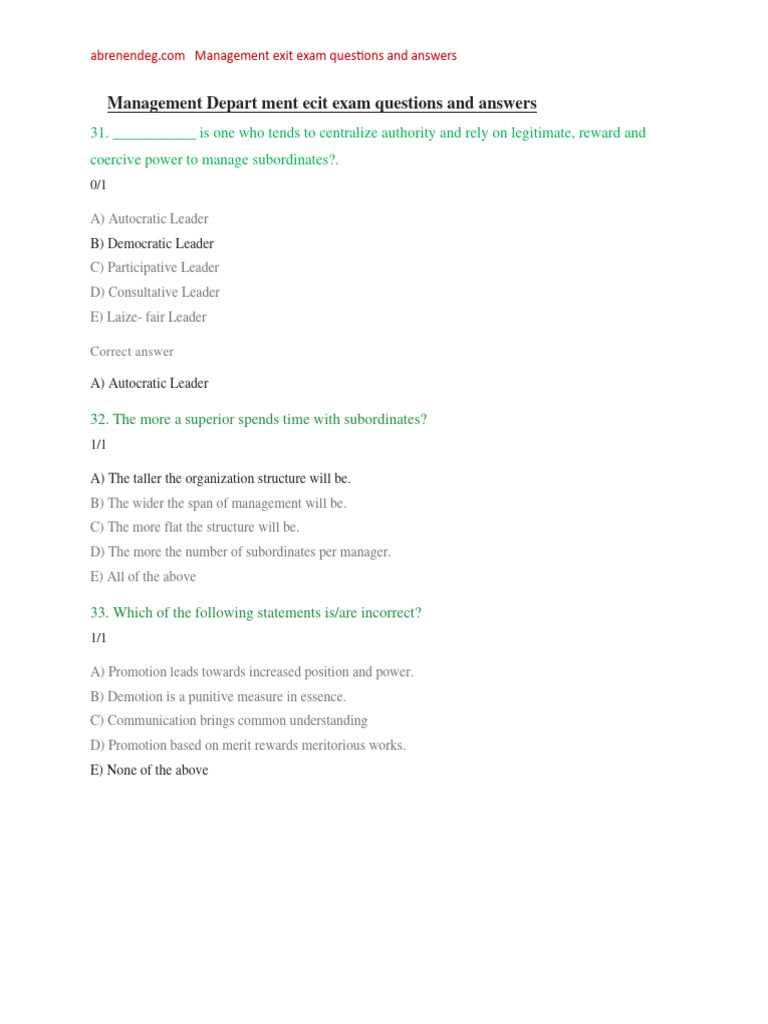
One of the most effective strategies is to quickly eliminate the most obvious incorrect options. By narrowing down the choices, you increase your chances of selecting the correct one. Even if you are unsure, reducing the pool of answers gives you a more informed guess.
Read the Question Carefully
Before choosing an option, make sure to read the prompt thoroughly. Pay attention to keywords that could affect the meaning, such as “not” or “always.” These small details can significantly change the context of the task and guide you toward the right choice.
How to Tackle Essay Style Questions
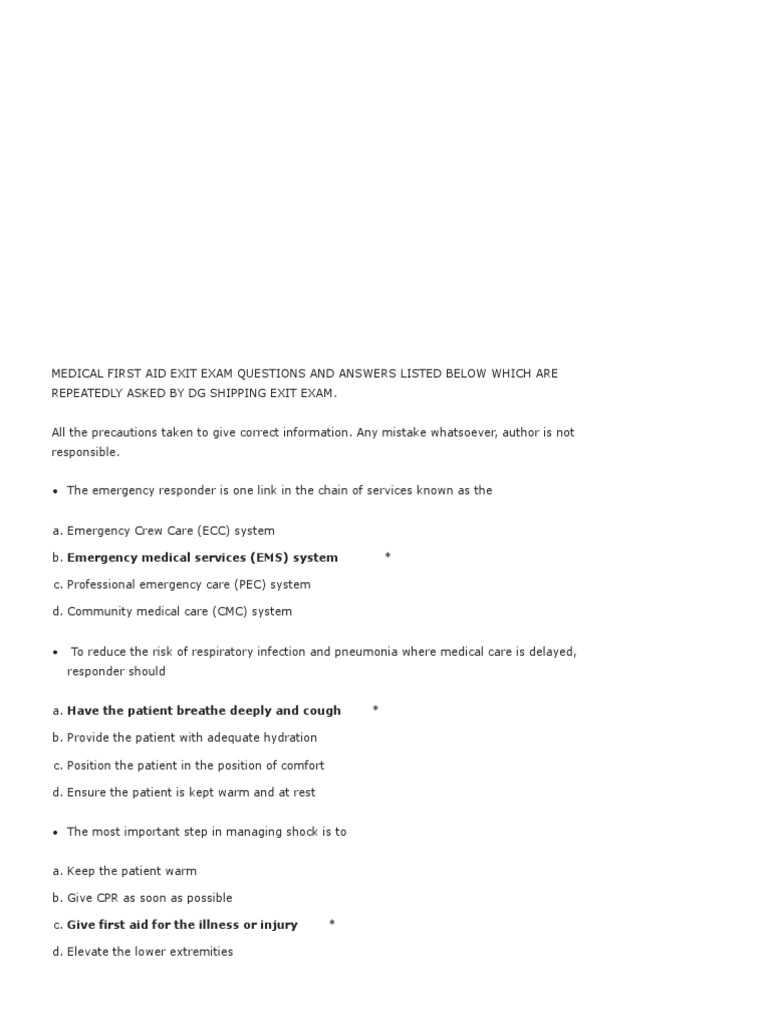
When faced with long-form prompts, the goal is to demonstrate a deep understanding of the material while presenting your ideas in a clear, structured manner. These tasks often require critical thinking and the ability to organize your thoughts coherently. Approaching them with a plan can significantly improve the quality of your response.
Start by carefully reading the prompt to ensure you understand what is being asked. Identify the key elements and think about the specific concepts that need to be addressed. Once you have a clear understanding, outline your response to help you stay focused and avoid straying off-topic.
Next, craft your introduction, providing a brief overview of your argument or the main points you intend to discuss. In the body, break your ideas into paragraphs, each focusing on one key point. Use evidence and examples to support your claims, making sure to explain their relevance.
Finally, conclude by summarizing your main points and restating your argument in a concise manner. This will leave a lasting impression and show that you can synthesize information effectively.
Common Mistakes to Avoid During Exams
During high-pressure assessments, it’s easy to fall into certain traps that can affect performance. These mistakes often stem from lack of preparation or poor time management. By being aware of these common errors, you can better navigate challenges and avoid unnecessary setbacks.
Overlooking Instructions
One of the most common errors is not thoroughly reading the provided instructions. Missing key details can lead to incorrect responses or wasting time on the wrong tasks. Always take a moment to carefully review what is being asked before proceeding.
- Skipping key details in the prompt
- Not following specific formatting guidelines
- Misunderstanding the number of words or items required
Poor Time Management
Failing to allocate time properly can result in rushing through the later sections of the assessment, leading to careless mistakes. Prioritize questions based on difficulty and ensure you have enough time to review your work at the end.
- Spending too much time on difficult tasks
- Rushing through easier sections
- Not leaving time for final checks
By avoiding these common mistakes, you can enhance both your confidence and performance during assessments.
Time Management Tips for Exam Success
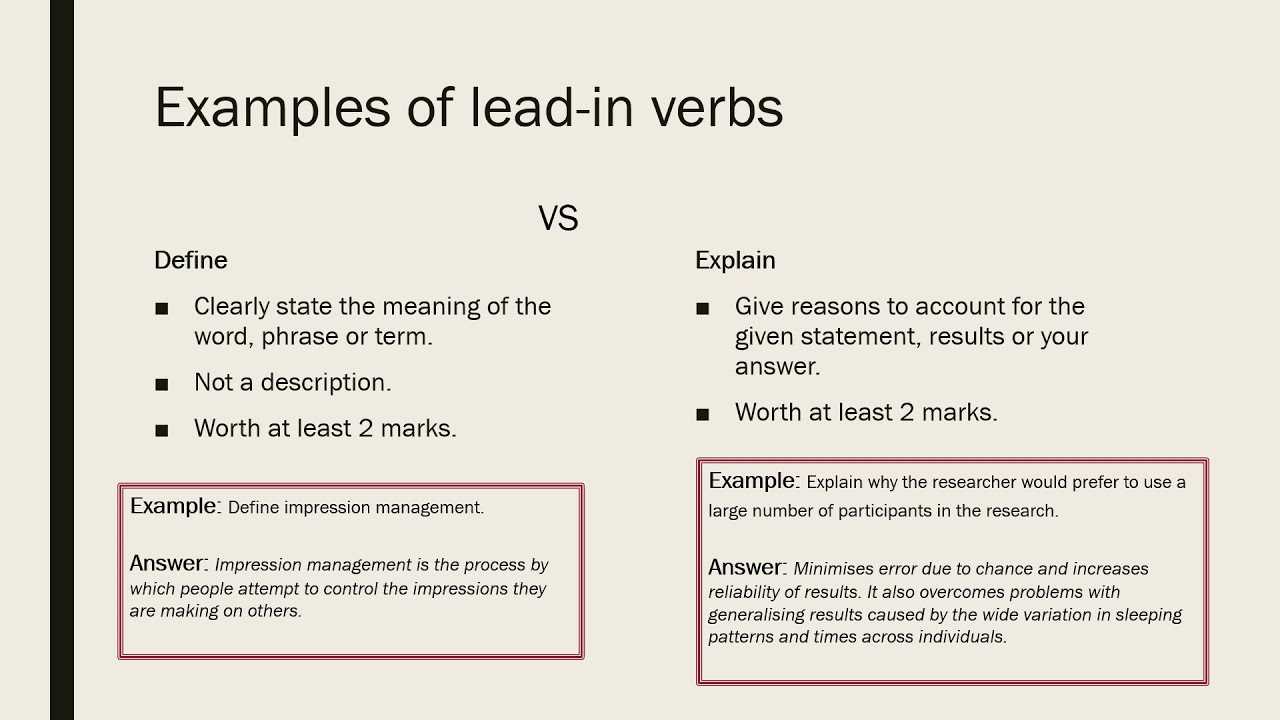
Effective time management is one of the most crucial factors in performing well during assessments. Balancing the time available and the tasks at hand allows you to complete each section thoughtfully and with minimal stress. By planning ahead, you can ensure that you address all parts of the challenge without feeling rushed.
Prioritize Tasks Based on Difficulty
Before diving into the material, it’s helpful to allocate your time based on the complexity of each section. This way, you can ensure that you spend adequate time on both easier and more challenging parts.
- Start with sections you find easier to build confidence.
- Save more time-consuming or difficult tasks for later.
- Allocate extra time for reviewing your responses.
Stick to a Set Time Limit for Each Section
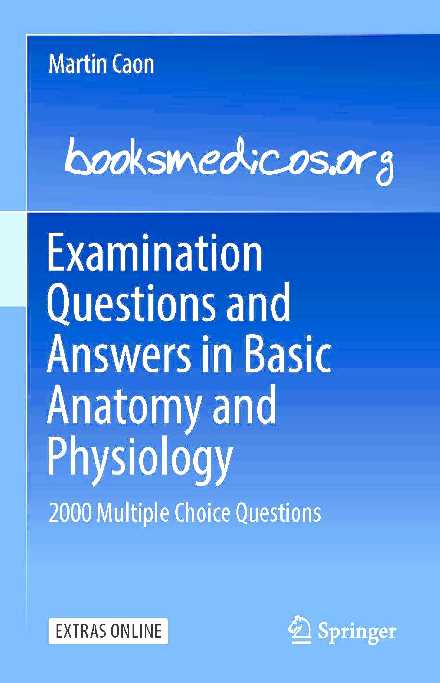
To prevent spending too much time on any one part, set specific time limits for each section of the task. This strategy keeps you moving forward and reduces the chances of getting stuck on one question.
- Break down time for each task based on its length or complexity.
- Use a watch or timer to track time and stay focused.
- Leave a few minutes at the end for a quick review.
By following these time management tips, you can boost both your efficiency and your performance during any type of assessment.
Improving Your Critical Thinking Skills
Critical thinking is the ability to analyze information, make connections, and form well-reasoned conclusions. Enhancing this skill allows you to approach complex tasks with clarity and precision. By refining your thinking process, you become better equipped to evaluate different perspectives and solve problems effectively.
One way to improve critical thinking is by regularly questioning assumptions. Instead of accepting information at face value, ask yourself whether the provided details are accurate or if alternative viewpoints exist. This habit helps you develop a deeper understanding of the subject matter.
Additionally, practice considering the implications of your ideas. Reflecting on the consequences of different approaches can broaden your perspective and strengthen your reasoning. The more you challenge your thoughts, the more your ability to think critically improves.
Finally, engage in discussions that encourage diverse viewpoints. This helps to expand your thinking by exposing you to new ideas and strategies. An open-minded approach fosters intellectual growth and enhances your ability to evaluate complex situations logically.
How to Analyze and Interpret Questions
Understanding the task at hand is key to providing a precise and effective response. Being able to break down the prompt into clear, manageable components ensures that you’re addressing exactly what is required. A systematic approach to interpreting the instructions can prevent confusion and guide your focus in the right direction.
Identify Key Instructions
Start by carefully reading through the provided information. Focus on specific instructions that highlight the main points you need to address. Look for keywords or phrases that define the scope of the task.
- Pay attention to words like “explain,” “compare,” or “describe” to determine the type of response expected.
- Note any limits or requirements, such as word count or the number of examples to include.
- Look for any conditions that might affect your approach, such as “only consider the first two chapters.”
Break Down Complex Prompts
For longer or more complicated tasks, break them into smaller, more digestible parts. Identify the key points that need to be addressed and organize your thoughts accordingly.
- Separate the main question from any supplementary instructions.
- Group related concepts together to form a coherent response structure.
- Ensure that each part of your response directly corresponds to a specific part of the prompt.
By practicing these techniques, you’ll be able to interpret tasks more effectively, leading to more focused and well-structured responses.
Best Practices for Studying Exam Materials
Effective preparation is essential for mastering the content required to perform well in assessments. Adopting the right study techniques ensures that you retain key concepts and are able to apply them under pressure. A structured approach, with a focus on understanding rather than memorization, yields the best results.
One of the most effective study strategies is active recall, where you regularly test yourself on the material you’ve studied. This helps to reinforce your memory and deepen your understanding of the subject. Additionally, spaced repetition, which involves reviewing content at increasing intervals, has been proven to improve long-term retention.
| Study Method | Benefits |
|---|---|
| Active Recall | Reinforces memory, enhances understanding, identifies weak areas. |
| Spaced Repetition | Improves long-term retention, reduces cramming. |
| Practice Testing | Familiarizes you with question formats, builds confidence. |
| Mind Mapping | Visualizes connections between concepts, aids in understanding complex topics. |
Combining these techniques with regular breaks and a well-organized study schedule can significantly improve your preparation. Focusing on both understanding the material and practicing its application will ensure you’re ready to perform at your best.
How to Stay Calm Under Exam Pressure
Handling stress effectively is crucial when facing high-pressure situations. Maintaining composure allows you to think clearly and respond with confidence. By adopting relaxation techniques and focusing on your mental state, you can keep anxiety at bay and approach challenges with a calm mindset.
Practice Deep Breathing
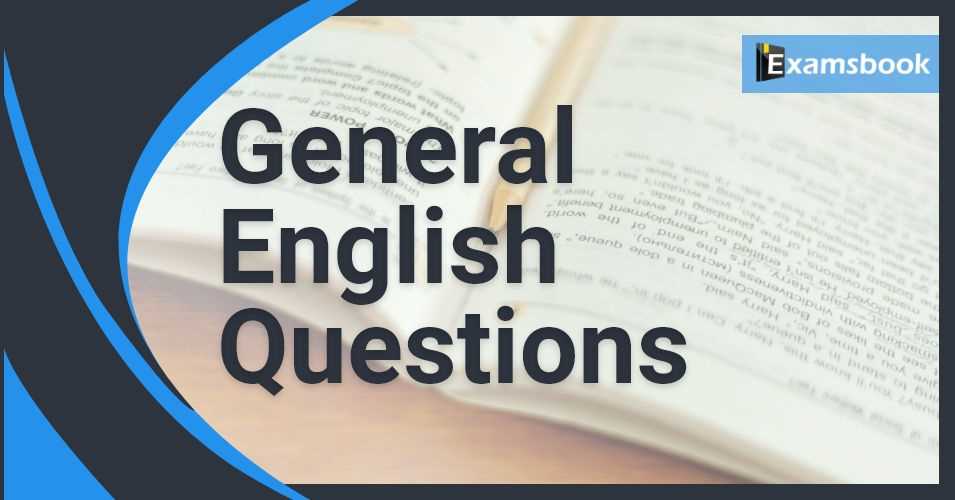
Deep breathing exercises are a simple yet powerful way to calm the mind. By focusing on your breath, you activate the body’s relaxation response, which helps to lower stress levels and improve focus. Inhaling slowly through the nose and exhaling through the mouth can instantly bring a sense of calm.
- Take a deep breath before you begin any task.
- Pause for a few moments throughout to stay centered.
- Use deep breathing as a tool to regain focus during moments of tension.
Maintain a Positive Mindset
A positive attitude can significantly reduce anxiety. Instead of focusing on potential difficulties, concentrate on what you know and what you have prepared for. Encouraging thoughts help you stay calm, allowing you to perform your best under pressure.
- Remind yourself of your strengths and past successes.
- Reframe challenges as opportunities to demonstrate your knowledge.
- Believe in your ability to manage the task at hand.
By incorporating these strategies, you can reduce stress and remain focused, even in the most demanding situations.
Reviewing Past Exam Questions for Insights
Looking at previous tasks can be an invaluable way to understand patterns and expectations. By analyzing prior challenges, you can identify the most commonly tested topics, the types of responses required, and the structure of the problems you may face. This practice not only boosts confidence but also helps you prepare more strategically.
Identify Common Themes
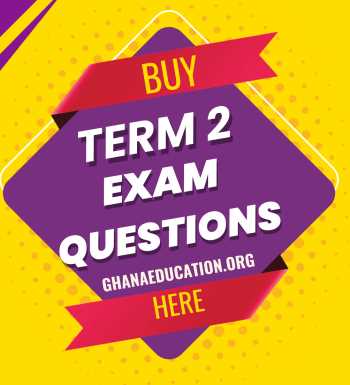
Past assignments often highlight recurring themes or areas of focus. Reviewing these can give you a clear idea of which subjects are emphasized and help you allocate your study time more effectively. Recognizing these patterns ensures you’re prioritizing the most relevant material for future tasks.
- Look for frequently tested topics or concepts.
- Notice the format of the challenges and types of responses required.
- Consider the depth of detail expected in answers to specific topics.
Understand the Structure and Expectations
In addition to the content, understanding the structure of how tasks are presented is essential. Some challenges may require more detailed explanations, while others could focus on concise, direct responses. Recognizing this can help you tailor your approach accordingly.
- Pay attention to how tasks are worded and what is explicitly requested.
- Note the preferred response length and depth of analysis required.
- Review any feedback or common mistakes from previous attempts to avoid pitfalls.
By closely examining past materials, you can gain valuable insights that will sharpen your preparation and improve your overall performance.
The Importance of Practice Exams

Engaging in simulated assessments is one of the most effective ways to enhance preparation. By recreating the experience of real challenges, individuals can become familiar with the format, timing, and pressure, making them better equipped to perform under actual conditions. These mock exercises allow you to gauge your readiness and identify areas for improvement.
Familiarizing Yourself with the Format
Practice tests help you become accustomed to the structure and types of tasks you will face. Knowing what to expect allows you to approach the real situation with greater confidence and reduces the likelihood of being caught off guard.
- Recognize the typical layout and question formats.
- Prepare for specific response styles, whether short answers, essays, or multiple-choice formats.
- Get used to the time constraints imposed during real assessments.
Building Confidence and Reducing Anxiety
Repeatedly practicing under test-like conditions helps reduce nervousness and builds self-assurance. The more you practice, the more familiar you become with managing time and handling pressure, which contributes to a calm and focused mindset when faced with real challenges.
- Practice under timed conditions to simulate stress and improve time management skills.
- Increase confidence by mastering challenging topics or formats.
- Identify weaknesses early, so you can address them before the real test.
By regularly engaging in practice exercises, you can sharpen your skills, improve your strategy, and approach the real situation with a greater sense of preparedness and control.
How to Use Study Guides Effectively
Study materials can serve as valuable tools for organizing and consolidating information. When used correctly, they help streamline your preparation by breaking down complex topics into manageable sections. By following a structured approach, you can enhance your understanding and retention, ensuring you focus on the most important aspects of the material.
Organize Your Study Sessions
Using a study guide allows you to plan and structure your review sessions more efficiently. Rather than randomly covering topics, you can focus on one section at a time, gradually building up your knowledge. Dividing the guide into smaller chunks also makes it easier to track your progress and identify areas that need more attention.
- Break down the guide into smaller, manageable sections.
- Prioritize topics based on importance or difficulty.
- Review one section at a time to avoid feeling overwhelmed.
Active Engagement with the Material
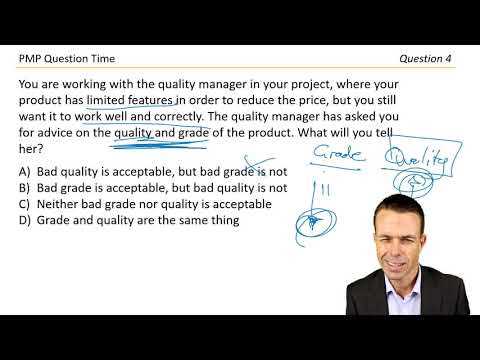
Rather than passively reading through the guide, engage actively with the content. Take notes, highlight key points, and test yourself on what you’ve learned. This active involvement helps reinforce concepts and improve long-term retention, making it easier to recall information when needed.
- Write summaries or notes for each section to reinforce key concepts.
- Use self-quizzes or flashcards to test your recall.
- Teach the material to someone else to solidify your understanding.
By following these strategies, study guides can be transformed into powerful resources that enhance your preparation and help you achieve your goals.
Learning to Write Concise and Clear Responses
Being able to express your thoughts in a clear and succinct manner is an essential skill in any assessment. The ability to communicate complex ideas effectively and in fewer words not only demonstrates a solid understanding of the material but also ensures that your points are well-received by the reader. Learning how to write concisely can improve the quality of your work and help you stay focused on the core concepts.
Focus on Key Ideas
Start by identifying the most important points you need to convey. Avoid unnecessary elaboration or irrelevant details that may distract from the main message. Keep your writing direct and to the point, making sure to highlight only the most significant information.
- Outline the key concepts before writing to ensure clarity.
- Stick to the question’s main focus and avoid deviating from it.
- Remove any superfluous information that doesn’t contribute to your argument.
Use Simple, Precise Language
While it can be tempting to use complex vocabulary to sound more knowledgeable, clarity should always take precedence. Choose words that are simple yet precise, allowing your ideas to come through without confusion. Avoid over-complicating your writing, as this can make it harder for others to follow.
- Opt for straightforward language that directly conveys your message.
- Avoid jargon or overly technical terms unless necessary for the context.
- Use short, clear sentences to express your ideas more effectively.
By practicing these techniques, you can learn to write responses that are both clear and concise, helping you communicate your knowledge efficiently and impressively.
What to Do When You Don’t Know the Answer
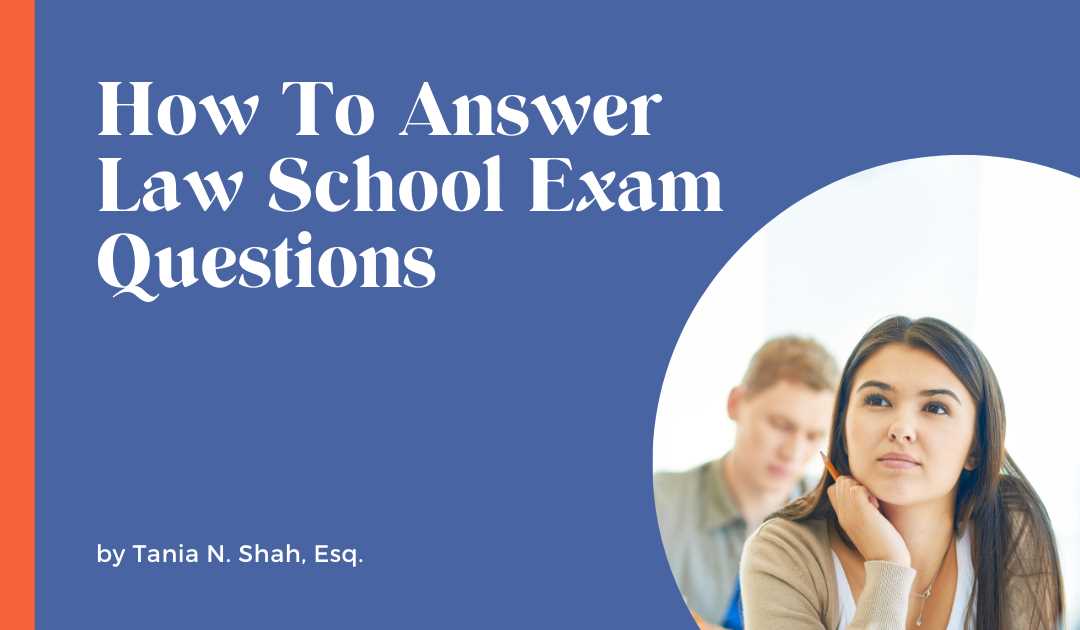
It’s natural to face moments when you’re unsure about how to respond to a particular prompt. In such situations, it’s important not to panic but instead approach the challenge strategically. There are various techniques to help you manage uncertainty, enabling you to still provide a thoughtful and effective response, even when you’re not completely confident in your knowledge.
Stay Calm and Focused
The first step is to remain calm. Stress and anxiety can cloud your judgment, making it harder to think clearly. Take a deep breath and give yourself a moment to collect your thoughts. Often, the answer will come to you after taking a brief pause to relax and refocus your mind.
- Pause for a moment before attempting to write anything.
- Clear your mind by breathing deeply to reduce anxiety.
- Re-read the prompt to make sure you understand it fully.
Use Logical Reasoning to Narrow Down Options
If you’re still unsure, try to eliminate any obviously incorrect responses or ideas. This process of elimination can help you narrow down the possibilities, increasing the likelihood of selecting the right one. Even if you don’t know the exact answer, reasoning through the options can guide you toward the most reasonable choice.
- Identify any responses that are clearly wrong and rule them out.
- Focus on key concepts you know and see if they relate to the task.
- Apply logic to make an educated guess, even if you’re uncertain.
By staying composed and thinking critically, you can turn uncertainty into an opportunity to demonstrate your reasoning skills and showcase what you do know.
Strategies for Open-Book and Online Exams

While taking assessments that allow access to resources or are completed remotely can feel more relaxed, they require their own set of strategies. These types of evaluations are often designed to test your ability to apply knowledge rather than recall isolated facts. To excel in these scenarios, it’s important to adapt your approach to make the most of the tools available to you while managing the unique challenges of working from home or having access to study materials.
Organize Your Materials
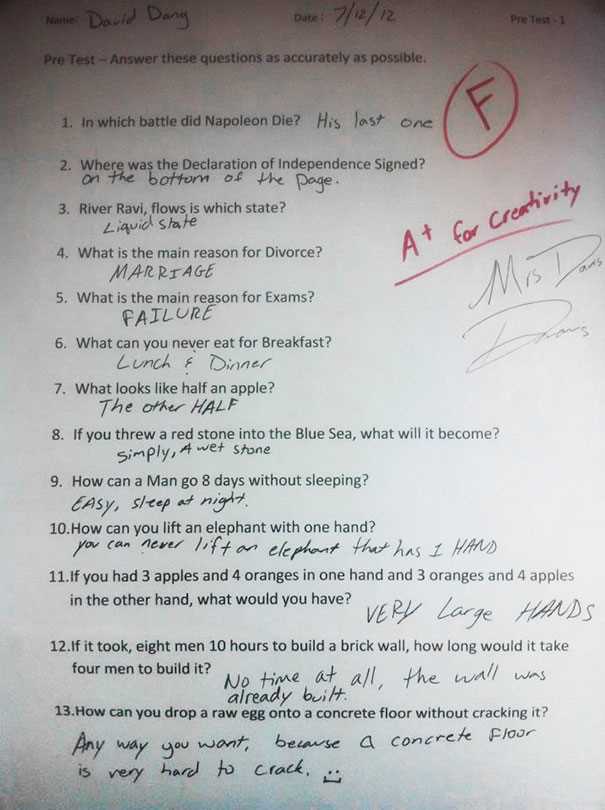
Having a well-organized set of notes, textbooks, and digital resources can be your biggest asset in these types of assessments. If you know you’ll have access to external materials, take time to prepare them in a way that makes them easy to navigate during the task. This can save precious time when you’re under pressure.
| Tips for Organizing Materials | Benefit |
|---|---|
| Use tabs, highlights, or bookmarks in resources | Quickly find key concepts and topics |
| Group related materials together | Reduce the need to search through everything |
| Make a quick reference guide | Instant access to important formulas or concepts |
Stay Disciplined and Focused
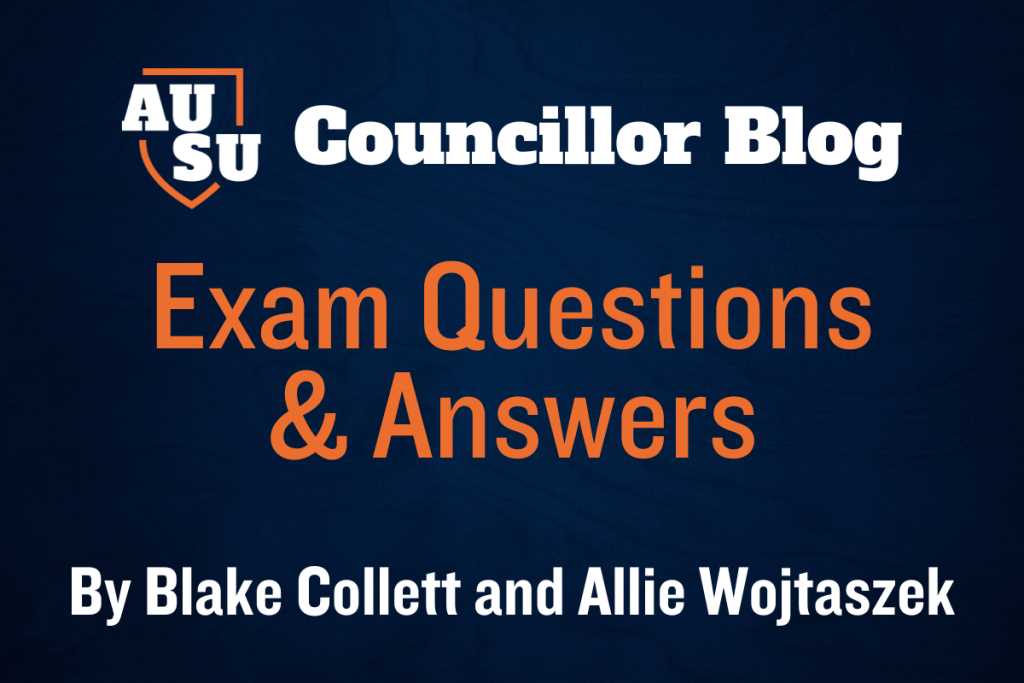
While it may seem easier to take your time, it’s easy to become distracted when working remotely or with resources at hand. To succeed, you must maintain focus and avoid the temptation to rely too heavily on external references. Remember, being able to apply information quickly and efficiently is just as important as having access to it.
- Set clear goals for each section to maintain pace.
- Avoid excessive searching for information that isn’t critical.
- Keep track of time to ensure you’re progressing through tasks efficiently.
By being prepared and disciplined, you can fully take advantage of these assessment formats while demonstrating your ability to manage both knowledge and resources effectively.
How to Prepare for Oral Exam Questions
Preparing for assessments that involve verbal responses requires a unique approach, as it tests not only your knowledge but also your ability to communicate clearly under pressure. Being able to express your ideas confidently and coherently is just as important as having the right information at your disposal. Effective preparation involves practicing speaking out loud, organizing your thoughts, and anticipating the type of prompts you might face.
Organize Your Thoughts and Key Points
Before your verbal assessment, it’s essential to structure your thoughts in a way that allows you to quickly address any topic presented. This can be done by identifying the core concepts and supporting details in your study materials. Practice summarizing these ideas concisely so that you can answer without hesitation, even when put on the spot.
| Preparation Strategy | Benefit |
|---|---|
| Create an outline of key topics | Ensures you don’t forget important details |
| Use flashcards for quick review | Promotes active recall and strengthens memory |
| Practice answering aloud | Improves fluency and confidence in speaking |
Simulate Real-Time Scenarios
To prepare for an oral assessment, simulate the environment by practicing with a partner or even recording yourself. This helps you become comfortable speaking in a structured setting and can also give you insights into areas where you need improvement. Try to anticipate questions and rehearse your responses so that you can respond naturally without sounding rehearsed.
- Set a timer to mimic the time constraints.
- Record yourself and review your performance to identify areas for improvement.
- Ask a friend or mentor to pose questions and provide feedback.
By refining your communication skills and practicing speaking on the fly, you’ll be better prepared to handle verbal assessments with confidence.